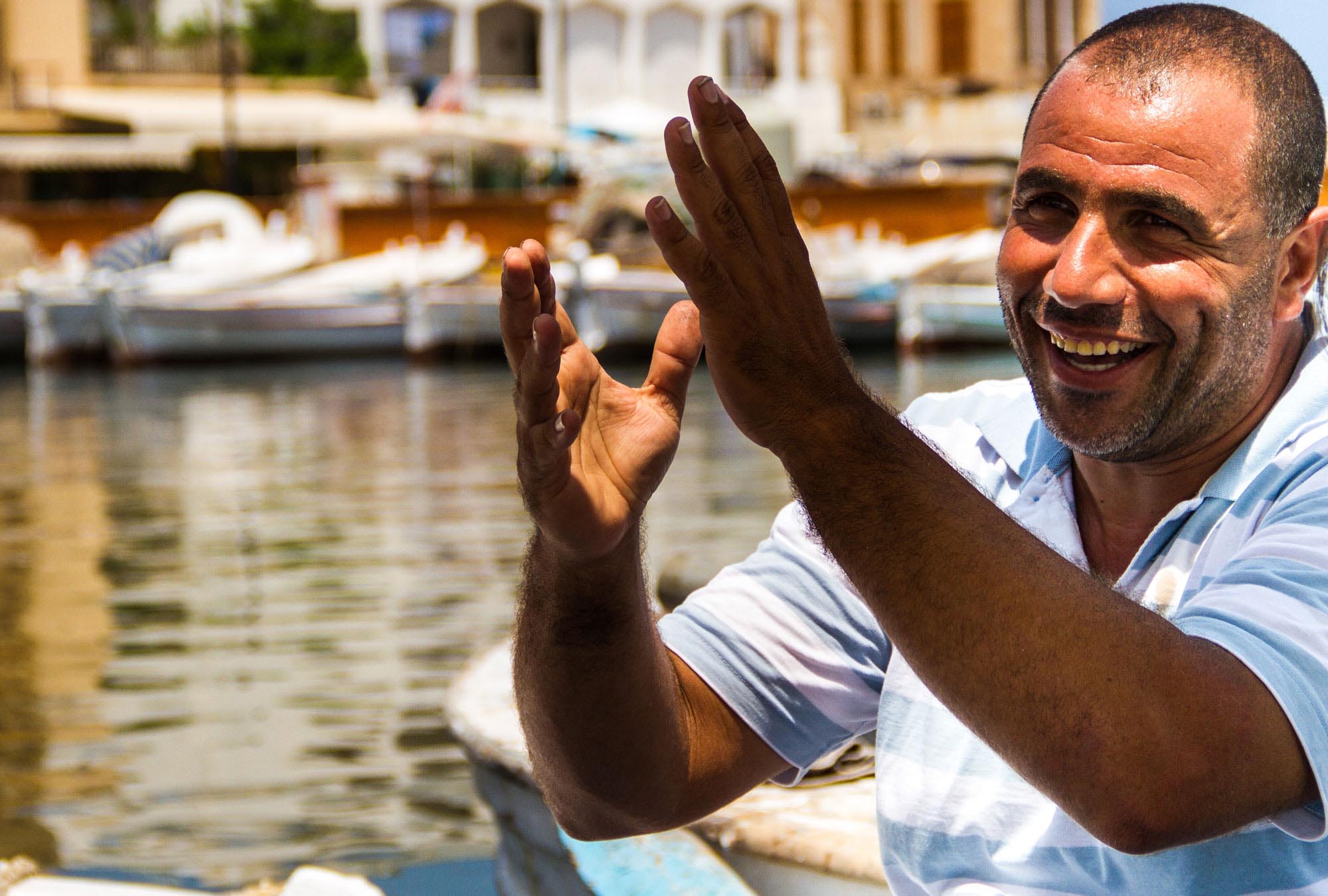COMMUNITY
Small Loans Help Sustain Business in South Lebanon
Aug, 2013
“Most of the humanitarian aid that flowed into Lebanon after the 2006 war targeted the reconstruction of homes rather than economic activity,” explains Ali Hijazi, microcredit manager at the Association for the Development of Rural Capacities (ADR). “So especially in the south of Lebanon, a very high number of small businesses suffered dramatic setbacks: some had to close down, others to downsize their business or even change their professional activity.”
The problem is local businesses are the pillars of southern Lebanon’s economy. “Because of Lebanon’s centralization, most opportunities are in the capital Beirut,” explains Ali. “So, If the economy continues to deteriorate, urban migration and emigration will rise as much as rural poverty levels.”
Ali echoes many business executives who believe microfinance is an efficient way to support small-scale businesses, but many entrepreneurs face major obstacles like a lack of resources to pay for insurance, threat of illness that will force them to stop work. Natural disasters or wars, like the 2006 conflict, also can force a business to close down. The other challenge for an entrepreneur is growing debt faster than profits. To reimburse his first loan, the entrepreneur often takes a second one and falls into a pattern of indebtedness.
Anera implemented the SABR (Southern Agriculture and Business Recovery Program), providing grants of $500 to $2,000 to help rehabilitate the economy of southern Lebanon in the wake of the 2006 conflict there. The program helped more than 2,100 farmers, fishermen and entrepreneurs to recover from the war’s economic impact, sustain their business and continue to provide for their families and their community.
Carpenter Antoine Wadih Bachete received $1,000 through the program to get his business up and running again after the 2006 war. He has not had as much work since then, he says, because people are still afraid to build houses in the south, fearing yet another war. But, Tony, as he's known, says the loan has helped him keep his workshop open.
Seven years later, most of the SABR-funded businesses like Tony's are still active, generating employment and social change and no longer dependent on loans to survive.
Loans Helped Small Business Survive 2006 Conflict
Bilal Istanbuli has been a dedicated fisherman for more than 20 years. He has inspired many other fishermen in the southern city of Tyre to consider the work as part of the port city’s cultural heritage. “The Phoenicians founded Tyre,” Bilal explains. “They were a coastal people and, according to legend, they were the first to sail the Mediterranean. So you can see that fishing has been at the center of the city’s life for 5,000 years.”
As much as Bilal is proud of the past, he is worried about the future because of the continuing political instability and, more to the point, the flooding of local markets with imported, cheaper fish. The local industry is in danger now because of over-fishing. But Bilal manages to strike an optimistic note, “We have always managed to survive. In 2006, we were not allowed to go fishing for weeks because the maritime zone around Tyre remained a security zone. The $1,000 grant I received back then through Anera allowed me to wait for the situation to return to normal.”
The fishing industry in Tyre today supports more than 500 households and Bilal continues to mentor the next generation of fishermen.
Loans Helped Women Start Their Own Business
While Bilal struggles to preserve traditions another recipient of Anera’s SABR program, Rasha Baher is bent on breaking them.
Rasha is a triple black belt Thai boxer who runs a successful gym for women in Tyre. She also turns heads for her unconventional mode of transport for a women. She rides a motorbike to get around the city and commute between the gyms she runs there.
“I have two gyms, one in my village and one in Tyre, so the bike really helps me to get around Tyre to be there on time for classes.” She laughs. Turning serious, she acknowledges that without the Anera she received in 2006, she would have had to sell her beloved motorbike to pay for the windows that had been shattered in the bombings. Business is good and Rasha now is planning to move to a bigger gym in Tyre.




